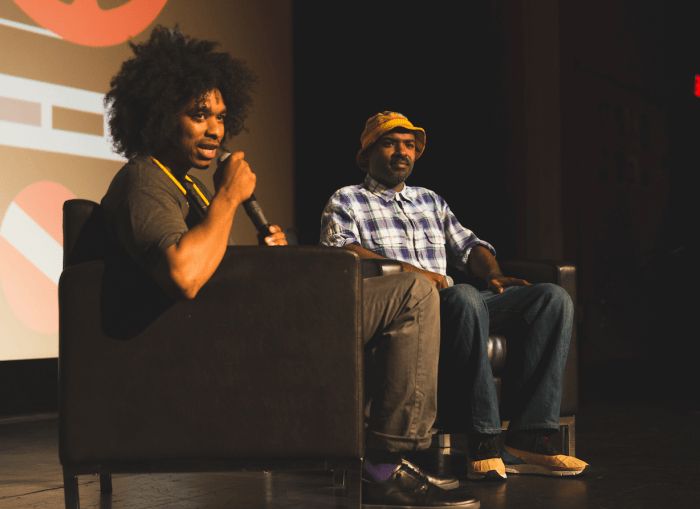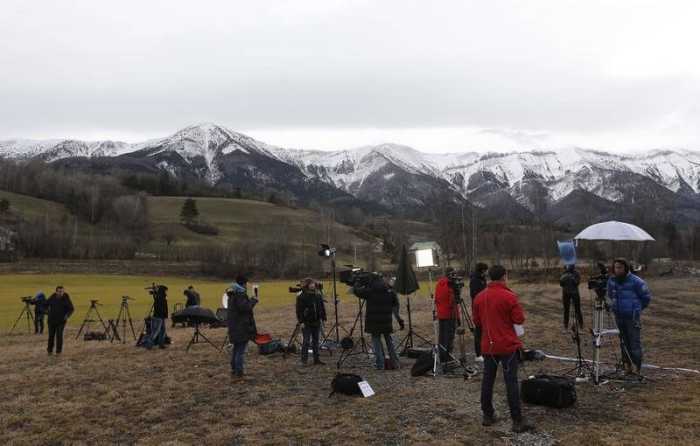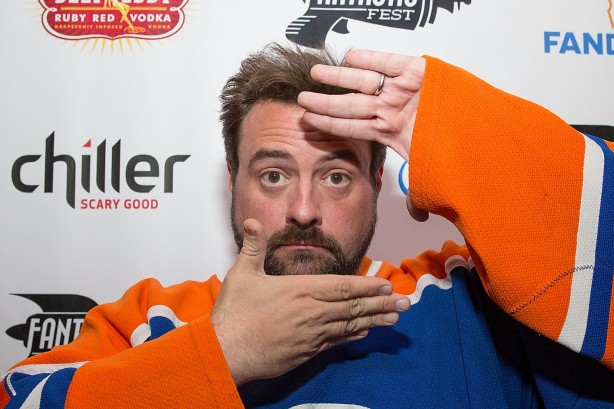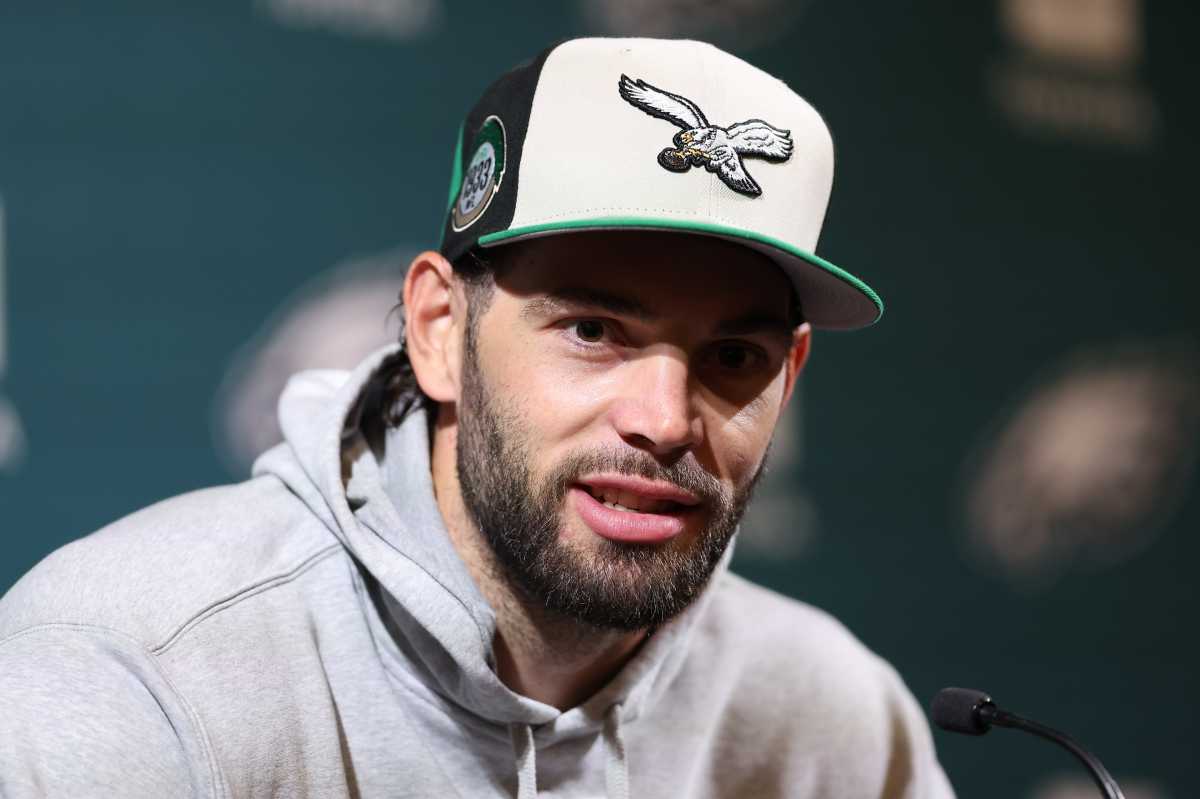Road rage has caused it’s fair share of headaches for people, but what director Derrick Borte’s latest film examines is when that rage turns past the point of angry and becomes deadly. ‘Unhinged’ will be opening this weekend in theaters marking the first film to do so since the pandemic hit the country hard months ago, and viewers who wish to head to the movies can once again watch action unfold on the big screen.
The story takes place mainly on the road, in two vehicles in particular. Russel Crowe plays “The Man,” who early on sets the tone after getting honked at by a young mother, Rachel (Caren Pistorius) and her son while driving. What Rachel begins to realize is that the position she’s gotten herself into has really ignited something sinister in The Man, and the wild chase she must go through to try and maneuver her way to safety is unlikely what she ever could have anticipated.
What Borte likes the most about this film is not just the thrilling chase or the action sequences, but how this story is actually universal and could happen to anybody. The director brought up an interesting point suggesting that when evil things happen, we assume the assailants are monsters, but, something had to have pushed them there.
Borte sat down with Metro to discuss more on what went into making “Unhinged.”
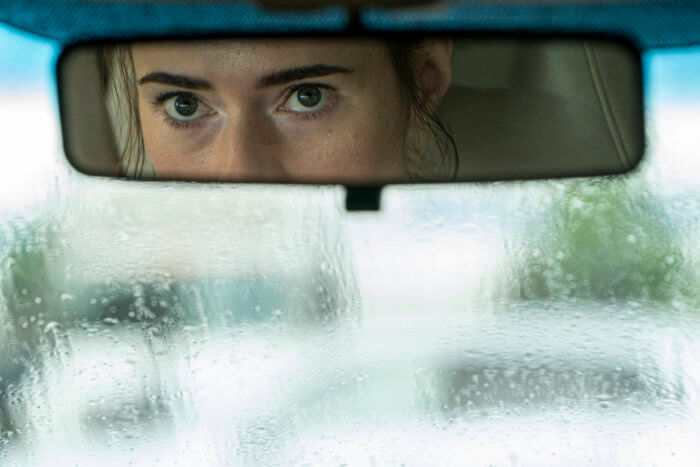
When you first got the script, what was it about the story that made you want to sign on and direct?
I think it was a combination of two things. I couldn’t put the script down, you needed to keep turning the page to see what was going to happen next, but also, how universal the story is—just how close each and every one of us has been to honking at the wrong person on the wrong day and having something spiral out of control. This could be anyone that this happens too. It just felt right, it felt like a cool thriller that really just grabs you by the guts and doesn’t let you go for 90 minutes, but it also has this universally relatable concept to it.
Do you think that’s what makes thriller films more interesting, when it’s something that is relatable?
I think it’s what makes this one more interesting for sure. I think if you can see yourself somehow, someway in a protagonist in a thriller—or that it could be you, it brings you into the movie quicker. It brings you into that escapist world a little, so maybe that’s true. I hadn’t really thought about it that way.
Why was Russel Crowe suited to play “The Man,” and how was it working with him overall?
Having read it, sometimes actors pop into your mind when you’re reading a script, and I thought about him and just thought it would be amazing. But [also] probably unlikely, just because you never know what could happen. But it just seemed like a great idea and I wanted to work with him. He signed on, and we clicked over the character and the story and we talked every single line and scene of the film through over and over again and tried to make it authentic and tried to find this character. He’s such a detail-oriented and intuitive actor that diving into the process was amazing, just to kind of humanize this inhuman character. It was a great exercise in just trying to find authenticity and grounded force for his actions.
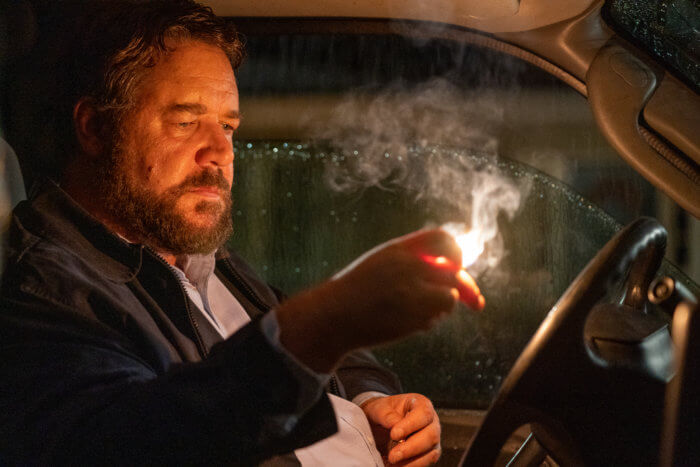
In an interview, you compared Russell Crowe’s character to Jaws, I wanted to get what you meant by that?
I think initially it was just based on a touchstone of some kind of [this] almost soulless killing machine in the beginning. Then, as a metaphor for the character, but I think diving deeper into the story and the character with Russell [we started] to realize that this is someone who lost faith in all of the institutions that he believed in. He’s been dehumanized in a way and he’s invisible and he’s developed this anger that turned into rage which is turning into violence in a way that is something that we’re definitely seeing in the world today. These things come from a place that have to be explainable in some way, yet they turn into these kind of inhuman monsters. You’ve got to start with something to figure out how to get there.
Since most of this film is filmed in and out of cars, from a director’s standpoint, does filming with moving vehicles present a certain set of challenges filming wise?
It’s always tricky to shoot anything with cars because if you really shoot with real cars on real streets, you’ve got major issues that you’ve got to deal with there. If there is stunt driving involved, you’ve got a driver on the roof of the car that just ups the complexity even more. Then, when you’re in New Orleans during hurricane season, there are lightning storms that are shutting down production and you’ve got to figure out how to make your day and do things that would be difficult on a 12 hour day now in a 9 hour day now because of three-hour lightning delays. At some point, you end up shooting some green screen car stuff on a stage and you’ve got to make sure that that can cut in with the other stuff and not feel fake. It definitely brings with it a whole book of challenges that wouldn’t be there otherwise if they were sitting on a park bench.
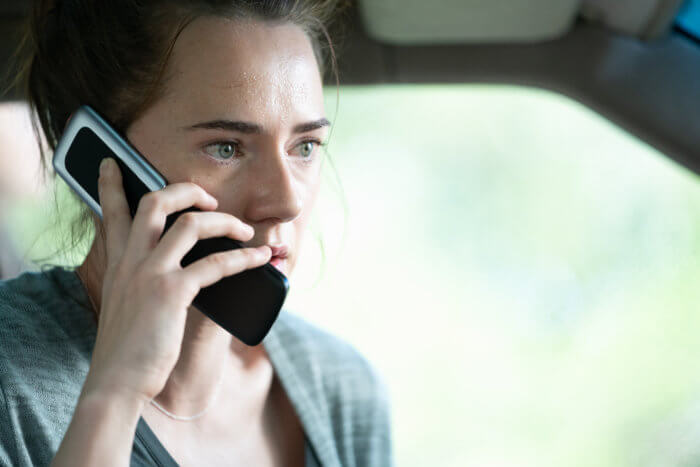
Are there any scenes in particular that you are excited see come to fruition onscreen?
I think that obviously, the car stuff, the stunts and all the crashes are exciting and fun to see on a big screen. That’s been amazing. But, really to me, the scene with Russell and Jimmi Simpson in the diner. Even though it’s two people sitting in a booth in a diner, being able to work with these two amazing actors and to see them sort of sparring across the booth in this scene that really has a lot of ups and downs to it and nuances to it before it goes off the rails—that to me is a scene that I’m excited about.
What do you hope audiences take away from the film after seeing it?
I hope that it’s an escapist entertaining ride for 90 minutes, and I’m sure people are looking forward to when it’s safe to go back in the theaters. I hope it inspires some conversation, because I know that there are some “of the moment” issues that are sort of the back drop of the film—anything from a loss of stability these days to a whole fashion of people who have felt invisible or let down by the institutions that they believe in and now are angry and don’t have any way to express that. I’m sure there will be some issues that people will want to talk about depending on what strikes them. But, first and foremost, it’s entertaining.
‘Unhinged’ opens in select theaters August 21




